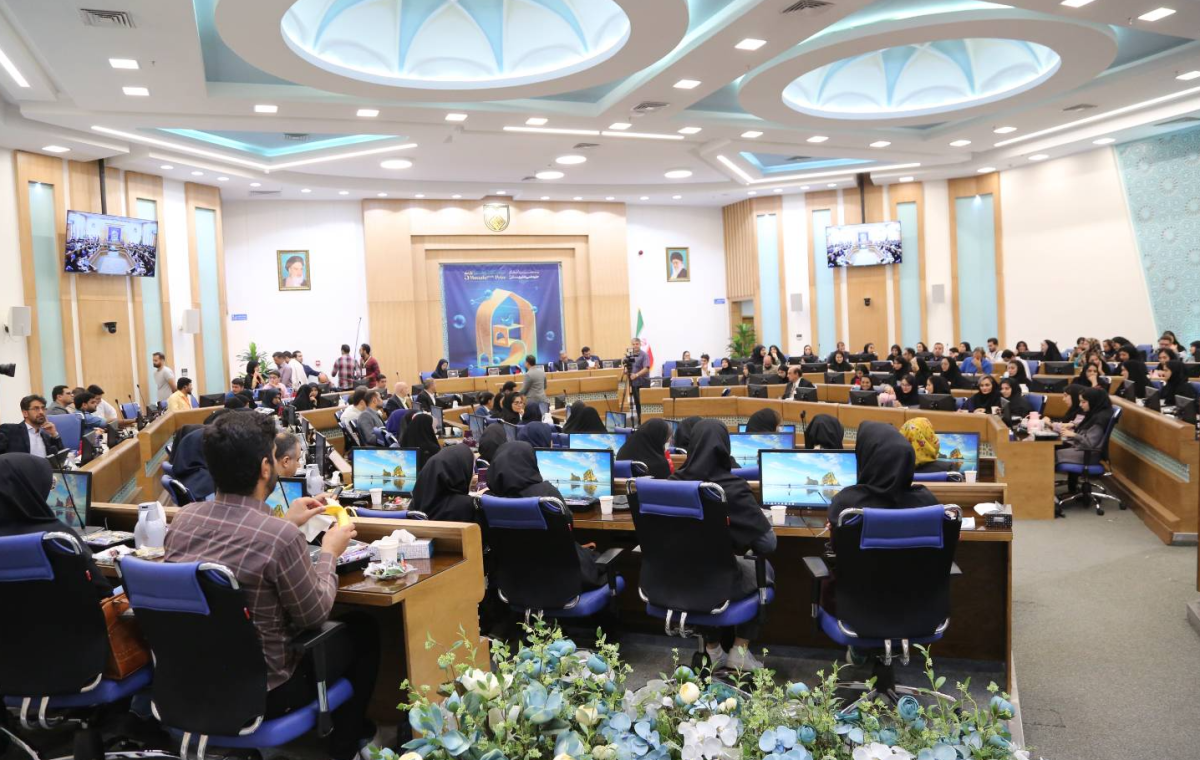Colorectal cancer is a major global health concern


Professor of Kebangsaan University said that Single-cell RNA sequencing, on the other hand, is a powerful tool that allows researchers to study gene expression at the level of individual cells. By combining these two approaches, we have been able to identify novel biomarkers that can help guide the repurposing of existing drugs for the treatment of CRC.
MSTF Media reports:
Addressing the 9th Science and Technology Exchange Program (STEP) on Sunday, the 1st of October 2023, Nurul Syakima Ab Mutalib stressed that colorectal cancer (CRC) is a major global health concern, where chemoresistance poses a significant challenge, particularly in metastatic cases.
“One such drug that has shown resistance in the treatment of CRC is 5-FU (Fluorouracil), a chemotherapy medication used to treat various types of cancer. 5-FU works by interfering with the growth and division of cancer cells.” she said.
“However, resistance to 5-FU is a major issue in the treatment of CRC, limiting its effectiveness. In this talk, we will discuss our decade-long research on the identification of biomarkers for precision drug repurposing in CRC using epigenetics and single-cell RNA sequencing. Our findings have revealed several promising biomarkers that can guide the repurposing of existing drugs to overcome chemoresistance, including resistance to 5-FU, and improve treatment outcomes for patients with CRC. Epigenetics refers to changes in gene expression that are not caused by changes in the DNA sequence itself.” the professor of Kebangsaan University explained.
“These changes can be influenced by various factors such as age, environment, and lifestyle, and can play a crucial role in the development and progression of cancer.” she continued.
“Single-cell RNA sequencing, on the other hand, is a powerful tool that allows researchers to study gene expression at the level of individual cells. By combining these two approaches, we have been able to identify novel biomarkers that can help guide the repurposing of existing drugs for the treatment of CRC.” she described.
The next steps in our research include conducting clinical trials to validate the efficacy of these repurposed drugs, developing point-of-care tools for rapid and accurate biomarker detection, and exploring nanoformulations to increase the bioavailability of the repurposed drugs. By unlocking the potential of precision drug repurposing, we aim to provide more effective and personalized treatment options for CRC patients globally.” Syakima Ab Mutalib explained.
“Drug repurposing represents a sustainable approach to drug development as it makes use of existing drugs, reducing the need for new drug synthesis and thereby decreasing environmental impact.” she said.
“Furthermore, our focus on developing point-of-care tools and Nano formulations aims to reduce waste and improve efficiency in drug delivery. By combining epigenetics and single-cell RNA sequencing, we can unlock the potential of precision drug repurposing in the fight against CRC.” the professor of Kebangsaan University stressed.